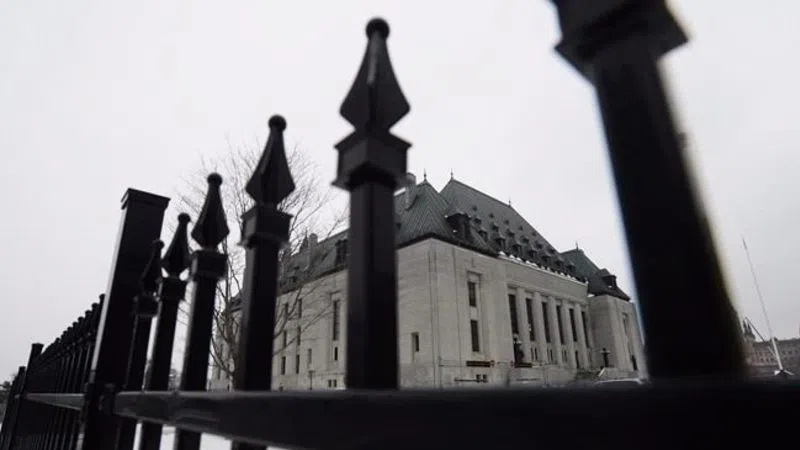
Supreme Court sides with university in case of missing professor’s pension
OTTAWA — An Ottawa university can reclaim almost $500,000 in pension payments to a professor who went missing before being found dead in the woods near his home, the Supreme Court of Canada has ruled.
George Roseme, a political science professor at Carleton University, was 77 and suffering from early-stage Alzheimer’s disease when he disappeared in September 2007.
A six-day search of the area near Roseme’s home in nearby west Quebec failed to locate him.
Roseme had signed a memorandum agreeing that his pension payments would cease with his death, rather than going to his heirs or estate.
